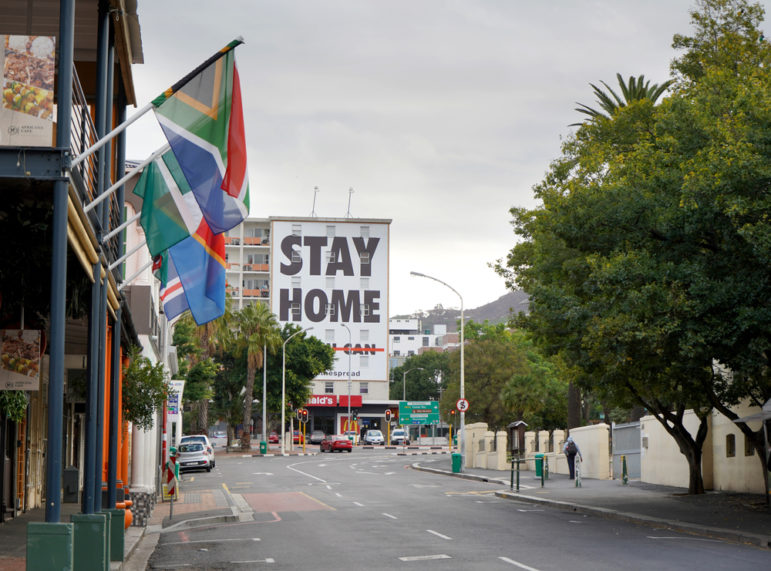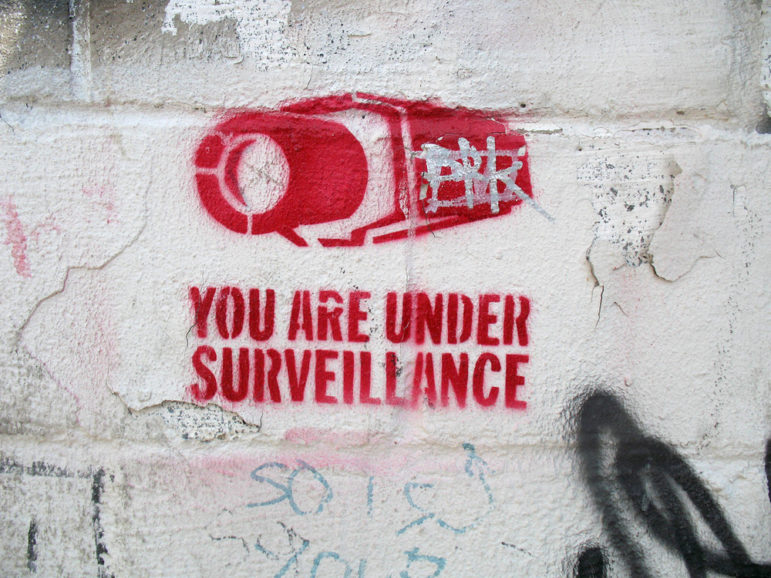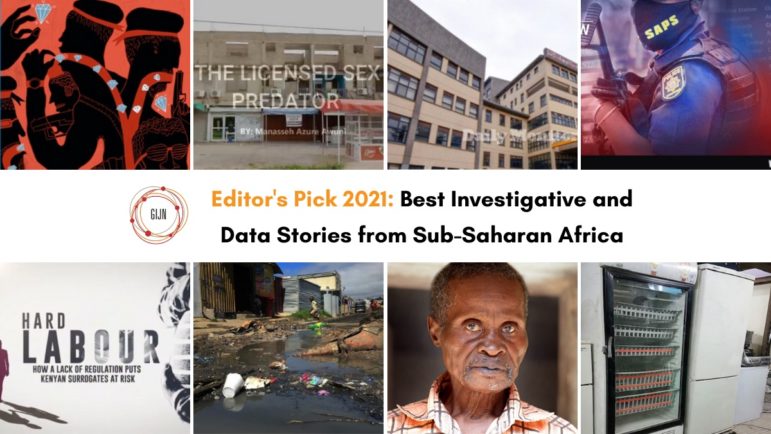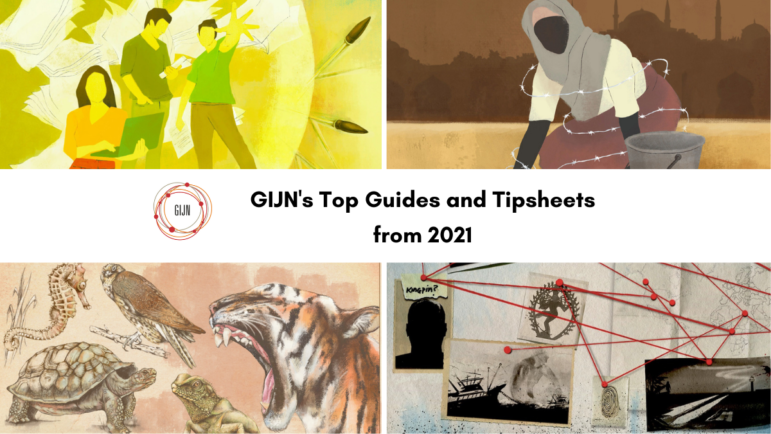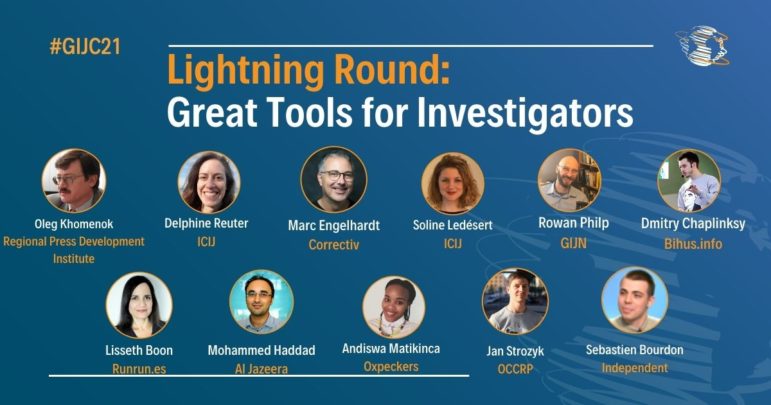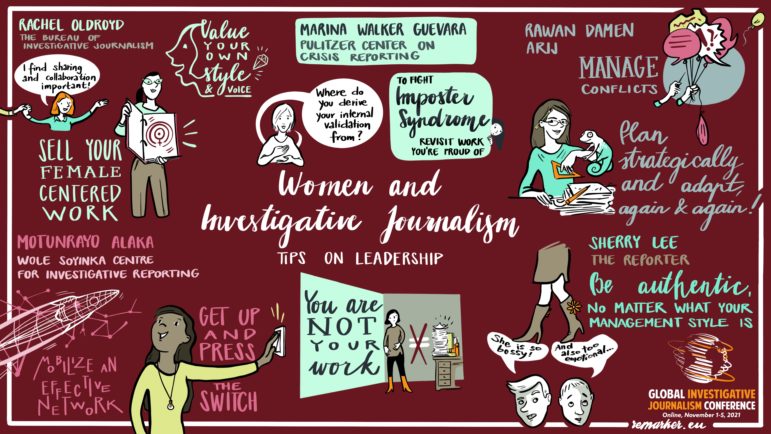
Reporting Tools & Tips
GIJN Toolbox: Hunting for Secret Money and Financial Conflicts of Interest
In this edition of GIJN Toolbox, we profile three brand new — or newly expanded — tools to dig into financial secrecy and hidden gains from corruption or crime. Our list includes a user-friendly database to search for sanctions and conflict-of-interest red flags, a site that uses an algorithm to detect hidden bank accounts, and a newly expanded database on the true owners of offshore companies.


